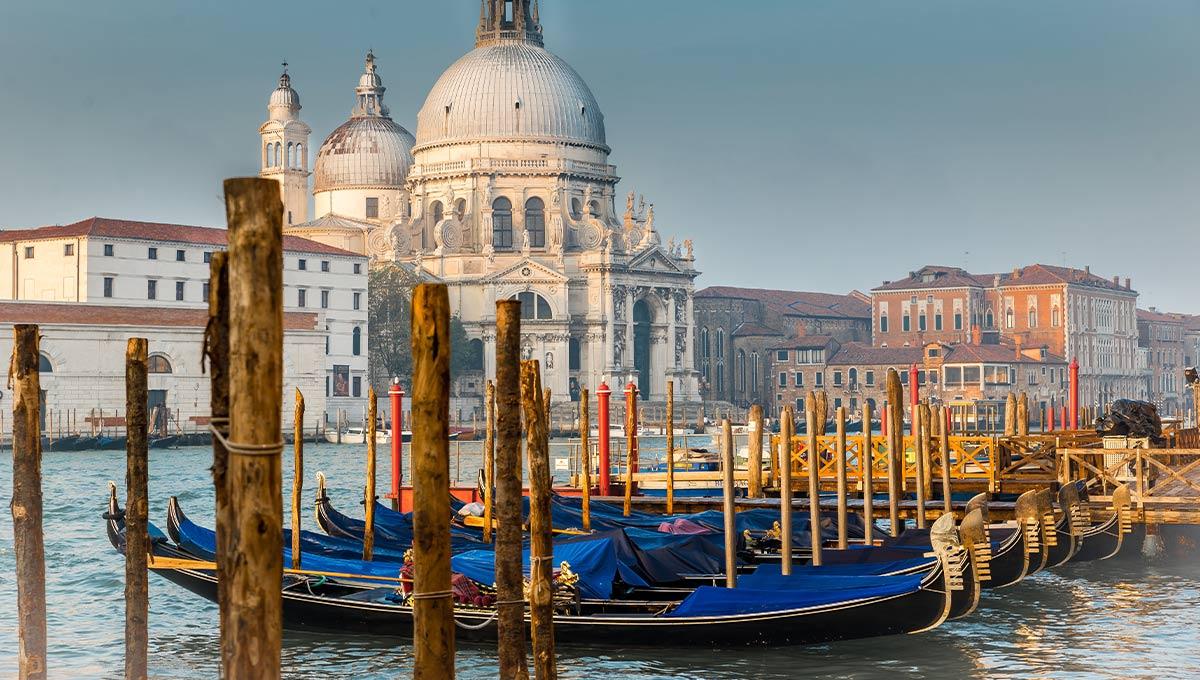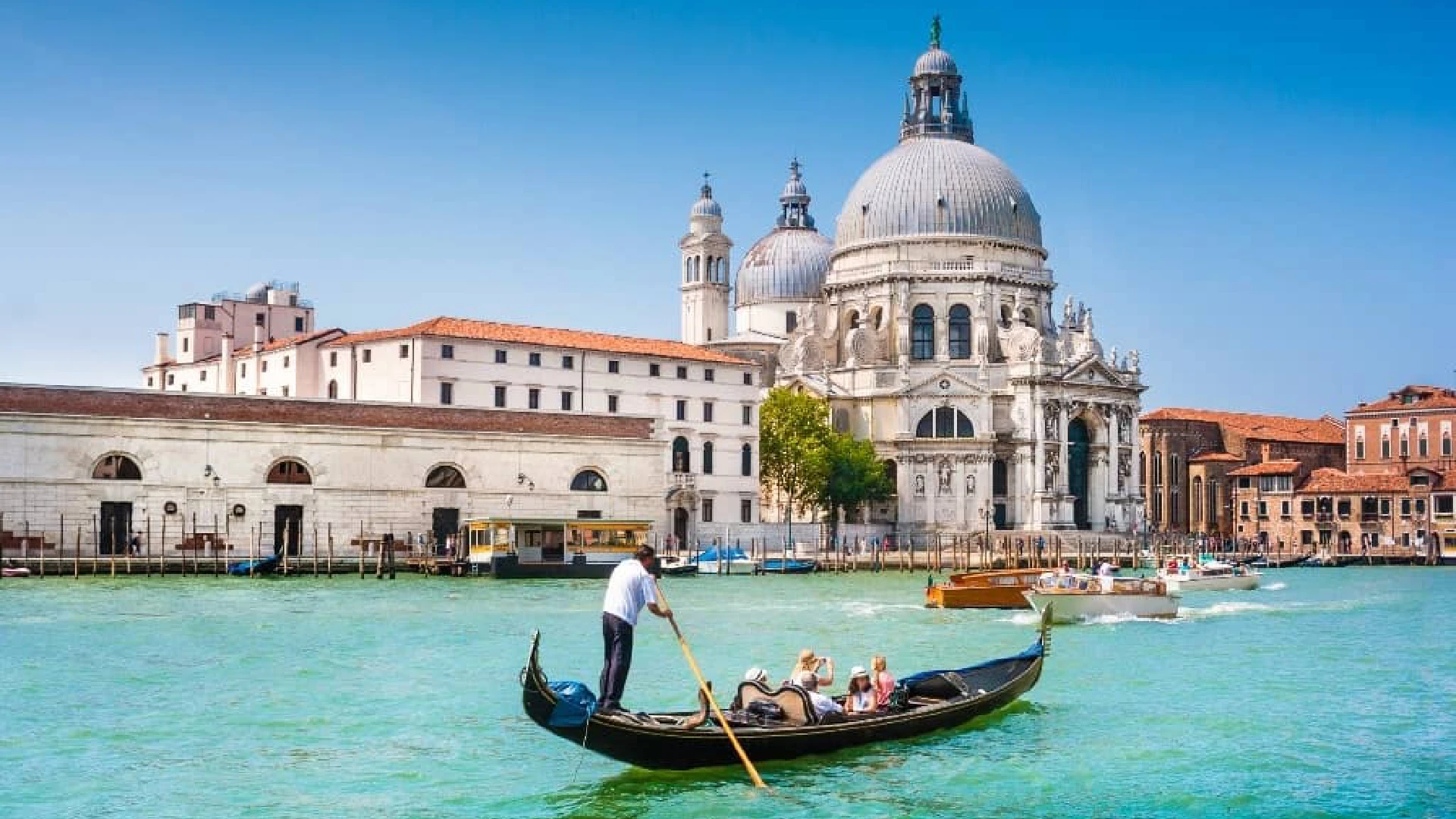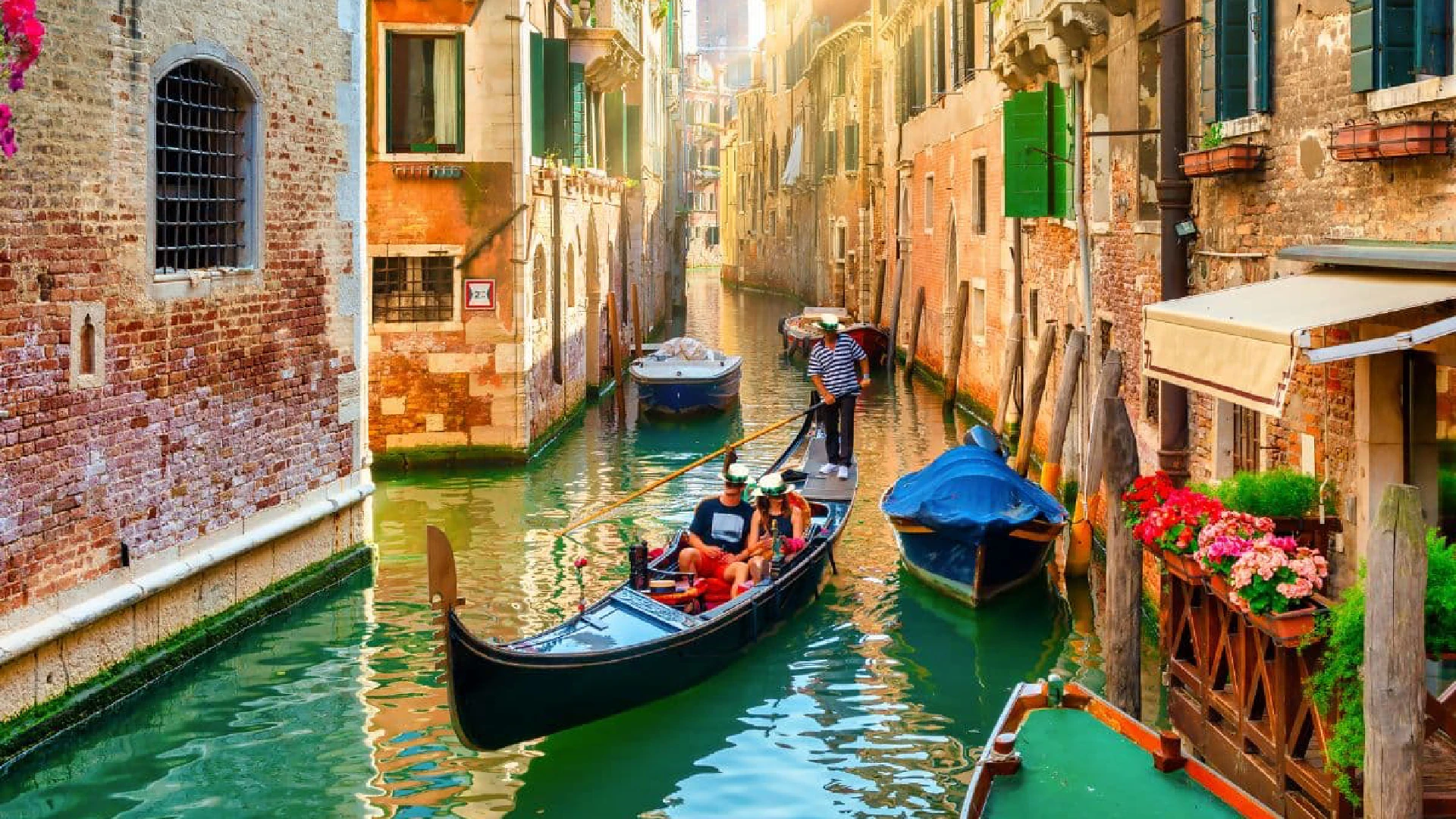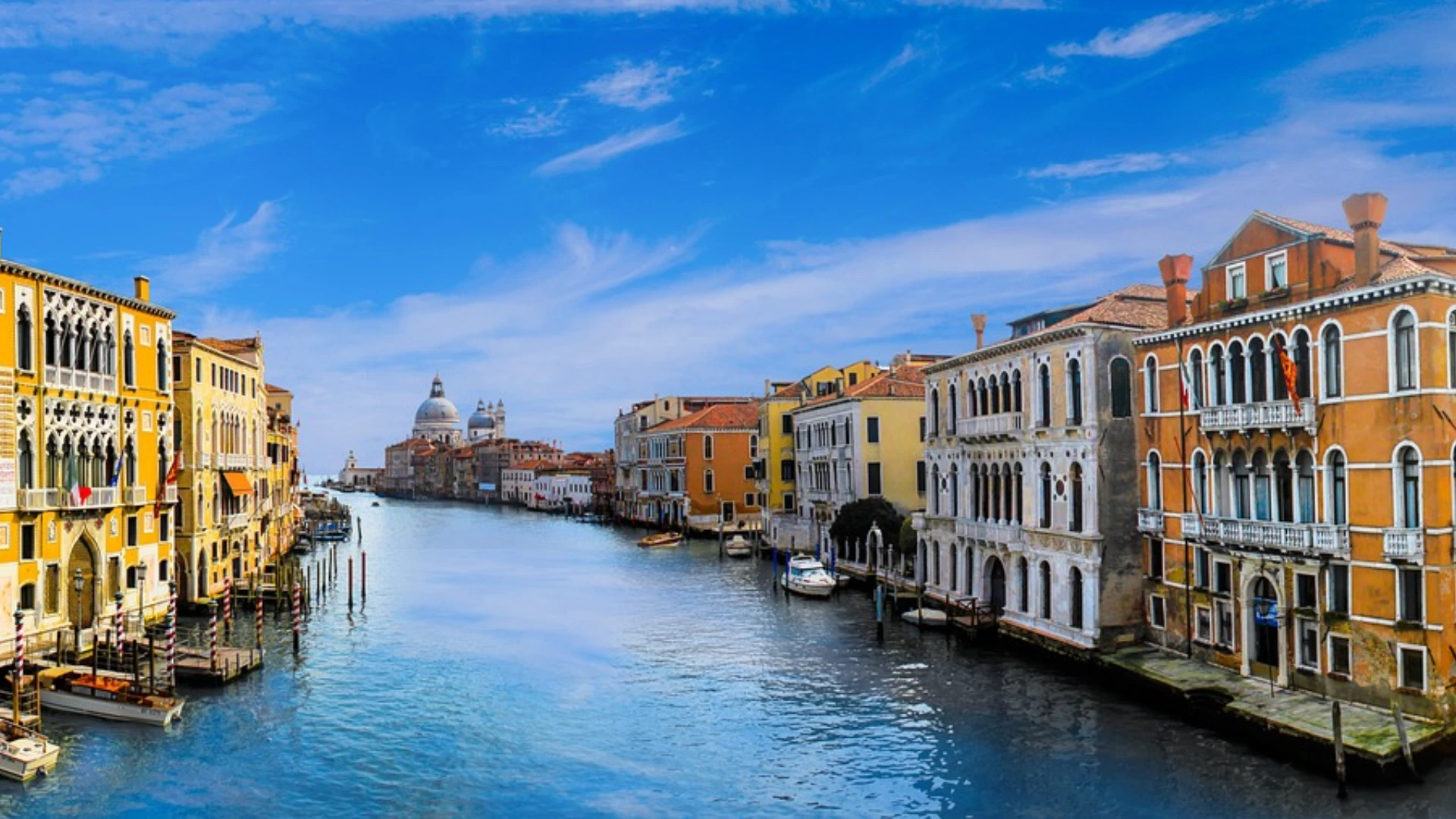Loading post...
Loading post...

This Venice travel guide breaks down the optimal visiting times by season, each offering distinct advantages: Spring (March-May) features mild weather (8-17°C), fewer crowds, and Easter celebrations, making it ideal for sightseeing; Summer (June-August) brings cultural events like Venice Biennale and Film Festival but also sweltering heat (up to 30°C) and large crowds; Fall (September-November) offers comfortable temperatures (11-21°C), thinning crowds, and the Venice Regatta with beautiful autumn photography opportunities; Winter (December-February) provides a quieter, authentic experience with chilly weather (0-7°C) and the famous Carnival of Venice. The guide concludes that the best time depends on personal preferences: spring/fall for mild weather and fewer tourists, summer for cultural events despite heat and crowds, or winter for solitude and carnival magic.
Venice, the city of canals, is a destination that evokes romance, history, and a unique charm that is hard to find elsewhere. But knowing the best time to visit Venice can make all the difference between a magical experience and a less-than-ideal trip. Whether you're planning a gondola ride through the Grand Canal, exploring hidden alleyways, or simply enjoying the art and architecture, timing your visit is key. Let’s dive into the best seasons to experience Venice.

Spring is often considered the best time to visit Venice. The weather during this season is mild, with temperatures ranging from 8°C (46°F) to 17°C (63°F). The city starts to wake up from its winter slumber, and the influx of tourists hasn't yet peaked, making it an ideal time for those who prefer a quieter experience.
Spring is also the season for Venice's famous Easter celebrations, and the city is adorned with flowers, adding a picturesque backdrop to your visit. The combination of pleasant weather and fewer crowds makes spring a perfect time for sightseeing, leisurely strolls, and enjoying the city's many outdoor cafes.
Summer in Venice is both a blessing and a challenge. On the one hand, this is when the city comes alive with tourists, festivals, and events like the Venice Biennale and the Venice Film Festival. However, the downside is the sweltering heat, which can reach up to 30°C (86°F), and the large crowds that can make navigating the narrow streets a bit overwhelming.
Despite the heat, summer remains a popular time to visit, especially for those interested in Venice's vibrant arts and culture scene. Be prepared for higher prices and crowded tourist spots. Early morning or late evening strolls are recommended to beat the heat and avoid the throngs of tourists.

Fall is another fantastic season to experience Venice. The weather starts to cool down, with temperatures ranging from 11°C (52°F) to 21°C (70°F), creating a comfortable environment for exploring. As the summer crowds begin to thin out, the city takes on a more relaxed pace. This is also the season for the Venice Regatta, a historical boat race that adds a touch of local culture to your visit.
Autumn’s golden hues make Venice even more enchanting, especially when reflected in the canals. The fall season is ideal for photography enthusiasts looking to capture the city in a different light.

Winter in Venice is a time of quiet beauty. The city sees fewer visitors, making it the best time to visit Venice for those who appreciate solitude and a more authentic experience. The weather is chilly, with temperatures ranging from 0°C (32°F) to 7°C (45°F), but the lack of crowds and the opportunity to see Venice covered in mist or a light dusting of snow can be magical.
One of the highlights of winter in Venice is the Carnival of Venice, a renowned event that attracts visitors from around the world. The city transforms into a grand stage of masked balls, parades, and elaborate costumes. However, if you prefer a quieter experience, visiting just before or after the Carnival will give you a more serene experience of the city.
The best time to visit Venice depends largely on what you’re looking to experience. For those who prefer mild weather and fewer crowds, spring and fall are ideal. If you’re drawn to Venice’s cultural events and don’t mind the heat, summer will offer an unforgettable experience. Meanwhile, winter is perfect for those who appreciate quiet beauty and the allure of Venice’s iconic Carnival.
Whenever you choose to visit, Venice promises a magical experience that will leave you with memories to last a lifetime.

FAQ